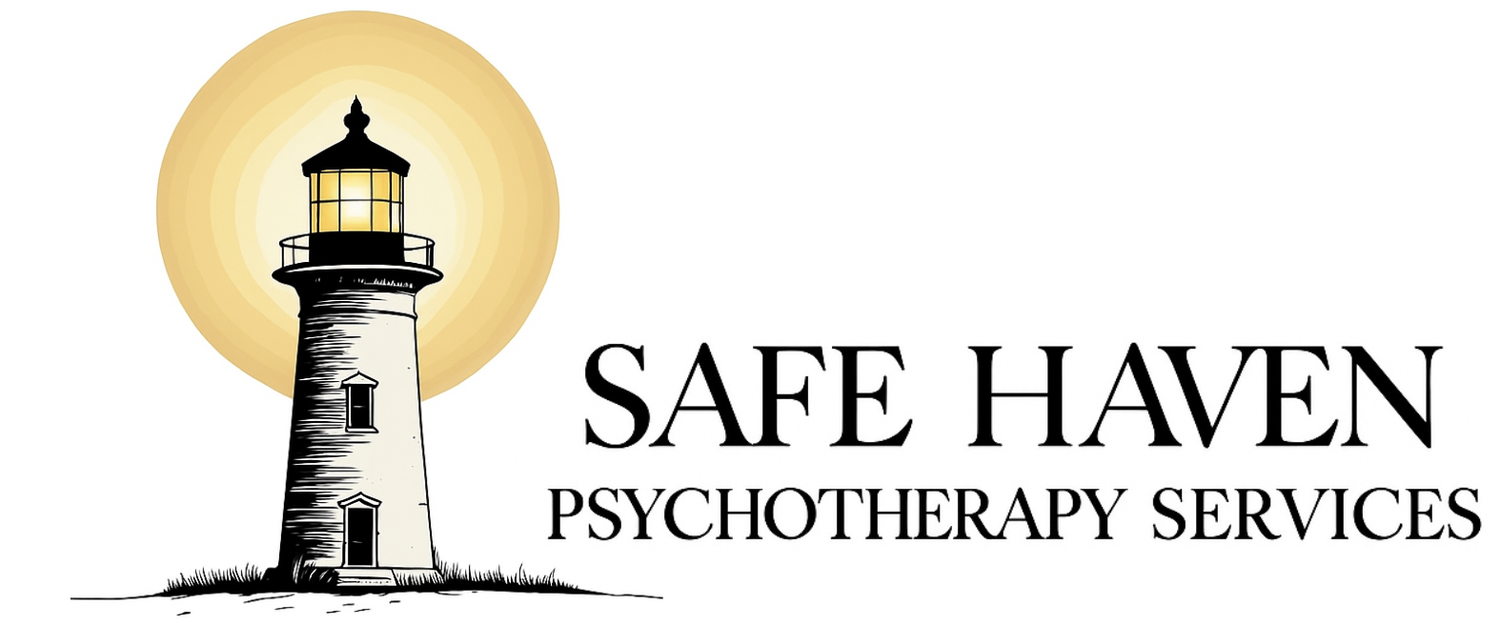Home > Services > Flash
Flash Therapy in Norwell, MA
And Virtual Through All of Massachusetts
Looking for the Flash therapy? You've found the right place. I will help you gently reduce trauma distress without revisiting painful memories.
How Flash Therapy Can Help You
Rapid Relief Without Retelling
Process disturbing memories without needing to describe them or relive the pain.
Body-Safe and Regulation-Focused
Stay emotionally regulated and grounded during the session (no overwhelm or flooding).
Works with What Feels Stuck
Target memories that still hold a charge, even if you've already done therapy or can’t fully verbalize what happened.
When You’ve Seen Too Much and Can’t Unsee It
As a first responder, nurse, teacher, or caregiver, you've carried moments that most people couldn't handle. The flashing images, sounds, or body sensations don’t always make sense… but they stay with you. Maybe a split second of a call, a patient's final breath, or the look in someone’s eyes still replays in your mind, uninvited.
You try to push those moments down, but as you may have heard “the body keeps the score.” You might feel anxiety, irritability, shutdown, or guilt, without knowing how to move through it safely. And sometimes, the idea of “processing trauma” feels overwhelming or even dangerous.
Flash (Four Blinks) offers a different path: a gentle, non-invasive way to reduce the emotional charge of painful memories, without diving into them. In this type of therapy, you stay grounded and present while your brain does the work of healing.
What is Flash Therapy?
Flash (Four Blinks) is a gentle, brain-based approach to trauma healing developed by Dr. Philip Manfield. It uses brief periods of distraction (often with blinking) to allow the brain to process painful memories in the background, without needing to recall or describe the trauma directly.
This technique activates your brain's natural ability to shift traumatic material from a highly charged emotional state into a more neutral, integrated one. It's effective for both single-incident and complex trauma, and is especially helpful for those who feel overwhelmed by traditional trauma work or want to avoid talking through distressing details.
In session, you’ll stay focused on something pleasant or neutral while I guide you through quick, structured steps that gently shift how the memory is stored in your brain. Most people feel significant relief in just a few sessions.
If you’ve experienced trauma in your line of work, you may dread the idea of therapy because you don’t want to relive what happened. I get it. Retelling those moments can feel impossible, even unsafe. But healing doesn’t have to mean reopening every wound.
That’s exactly why I created this space… to support helpers like you who are tired of feeling overwhelmed, burned out, or stuck. I specialize in working with first responders, nurses, teachers, and caregivers who have faced trauma and need a compassionate, gentle approach to healing.
Flash therapy is a gentle, effective way to reduce the emotional charge of traumatic memories without going into detail. Your healing can be quiet, steady, and deeply respectful of your nervous system. This is a judgment-free zone where your whole self matters, not just your professional role. I’ll be here with you every step of the way.
Why Choose Safe Haven Psychotherapy Services?
What If You Could Feel Better—Without Falling Apart First?
With Flash (Four Blinks) therapy, you may begin to experience:
Emotional distance from painful or intrusive memories
Fewer trauma-related physical symptoms (like tension, jumpiness, or shutdown)
Improved sleep and reduced hypervigilance
The ability to talk about or think of past events without overwhelm
A calmer, more grounded connection to the present
Imagine no longer flinching at reminders. Imagine not needing to armor up just to get through the day. Imagine feeling clear-headed and steady, even when life throws a curveball.
This kind of healing doesn’t have to be intense to be real. And you don’t have to go it alone.
Frequently Asked Questions About Flash Therapy
Curious about what Flash therapy looks like? Here are answers to some of the most common questions to help you feel more confident about taking the next step.
-
Flash focuses on minimizing distress without needing to talk about or relive traumatic memories. It's fast, gentle, and less emotionally activating than methods like EMDR or exposure-based therapies.
-
No. In fact, you intentionally don’t focus on the trauma. The memory is kept at the edge of awareness while you stay grounded in something positive or neutral. That’s what makes Flash so tolerable and safe.
-
Many clients experience significant relief in just a few sessions. While complex trauma may take longer, Flash often reduces emotional intensity more quickly than traditional talk therapy.
-
Not at all. Flash works by engaging your brain’s natural processing system. The emotional charge around a memory is reduced, even though you're not consciously focusing on it. It’s real, lasting change—just without the overwhelm.
-
Yes. I often integrate Flash with EMDR, Somatic Therapy, or DBT skills depending on your needs. It’s a flexible, powerful tool to reduce distress and increase emotional readiness for deeper healing.





